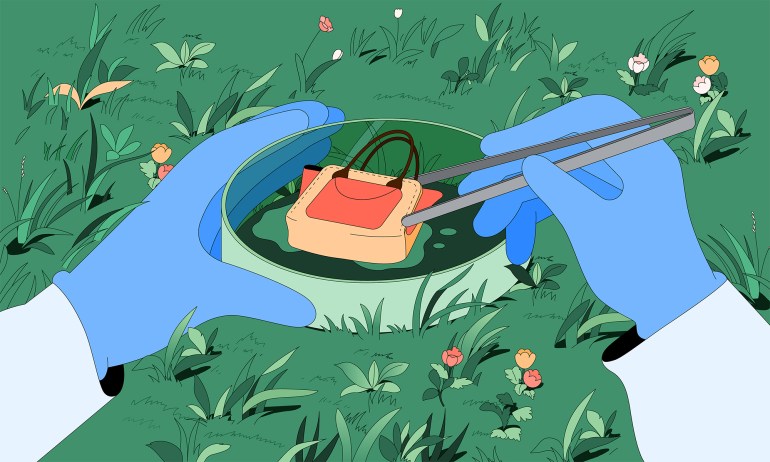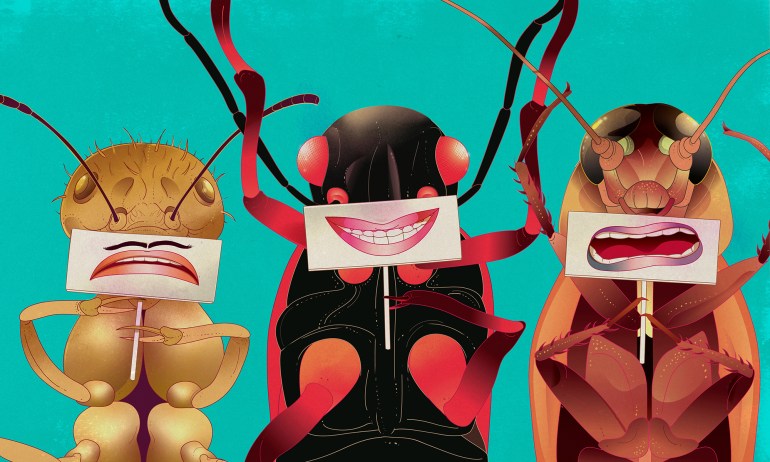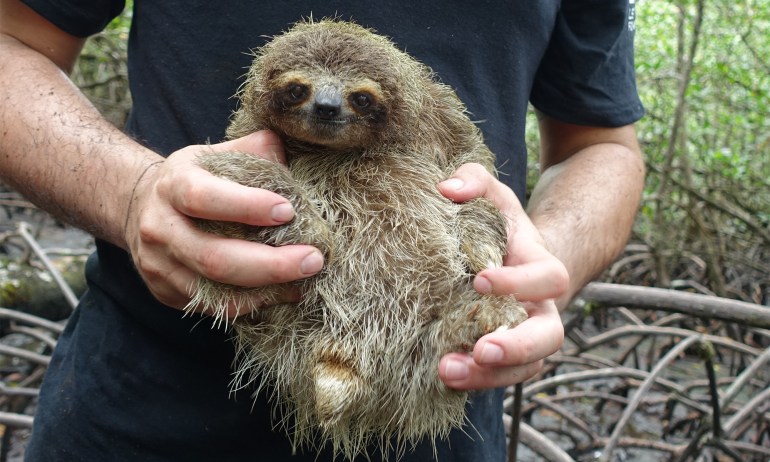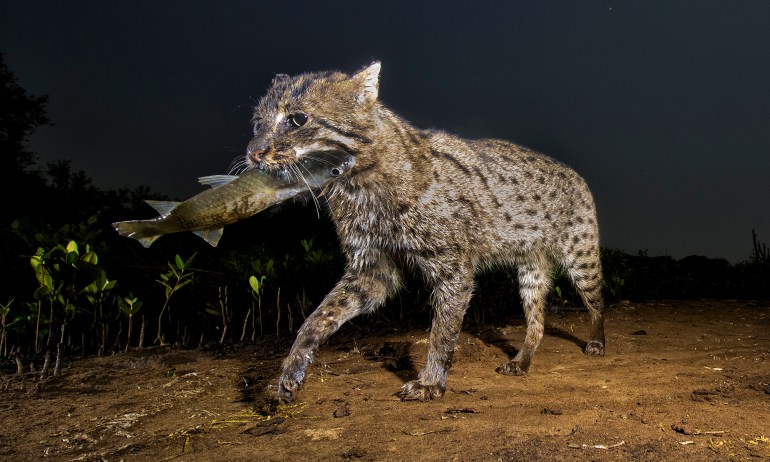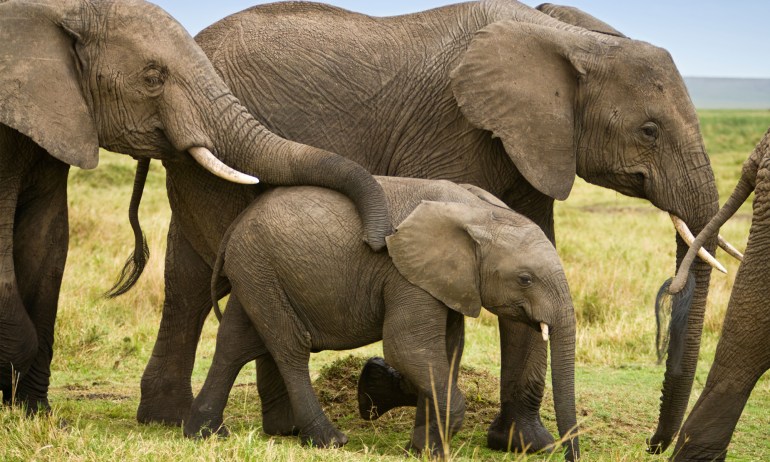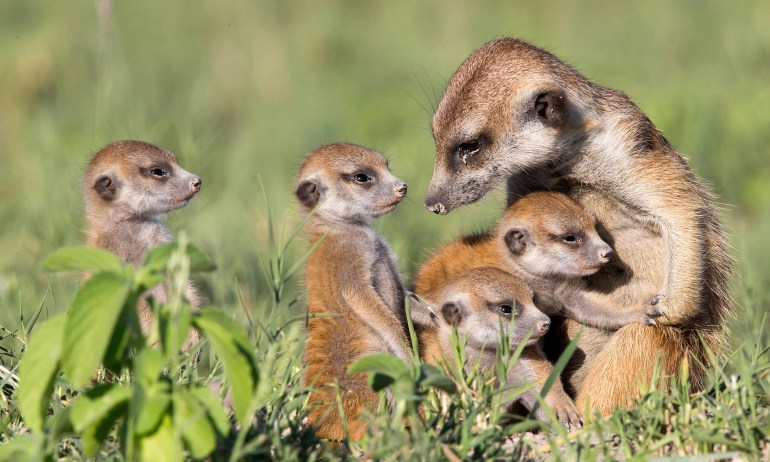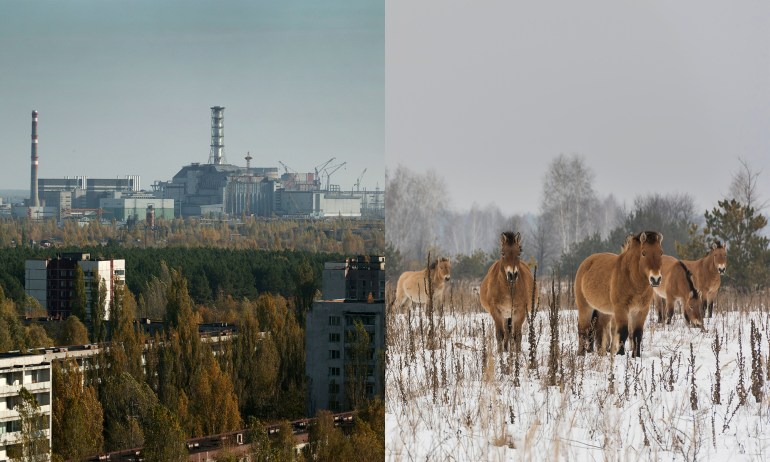
Science
After a nuclear disaster, then what? A surprising look at the animals of Chernobyl and Fukushima
Which is the bigger threat to wildlife: Radioactivity or humans? Wildlife ecologist Jim Beasley has gone into the contaminated zones around Chernobyl and Fukushima to learn the answer, and his findings are both sobering and inspiring.

